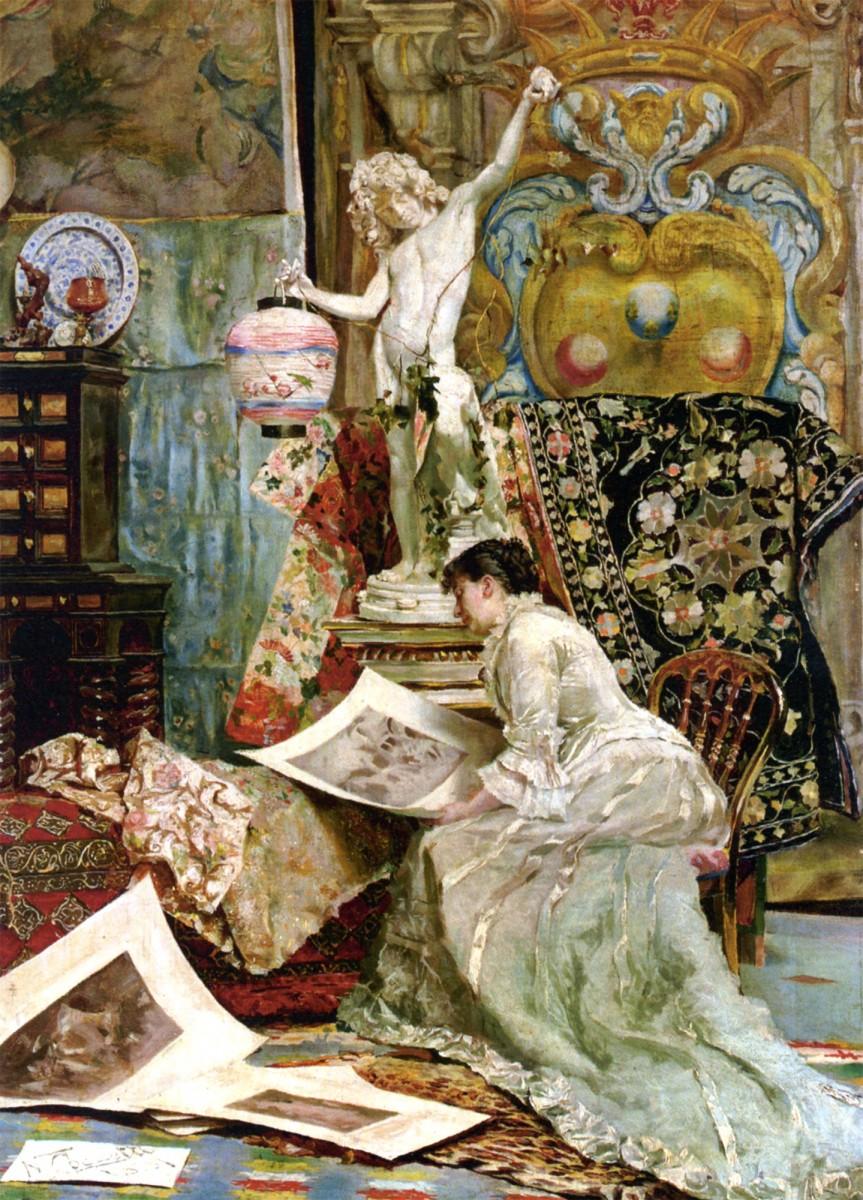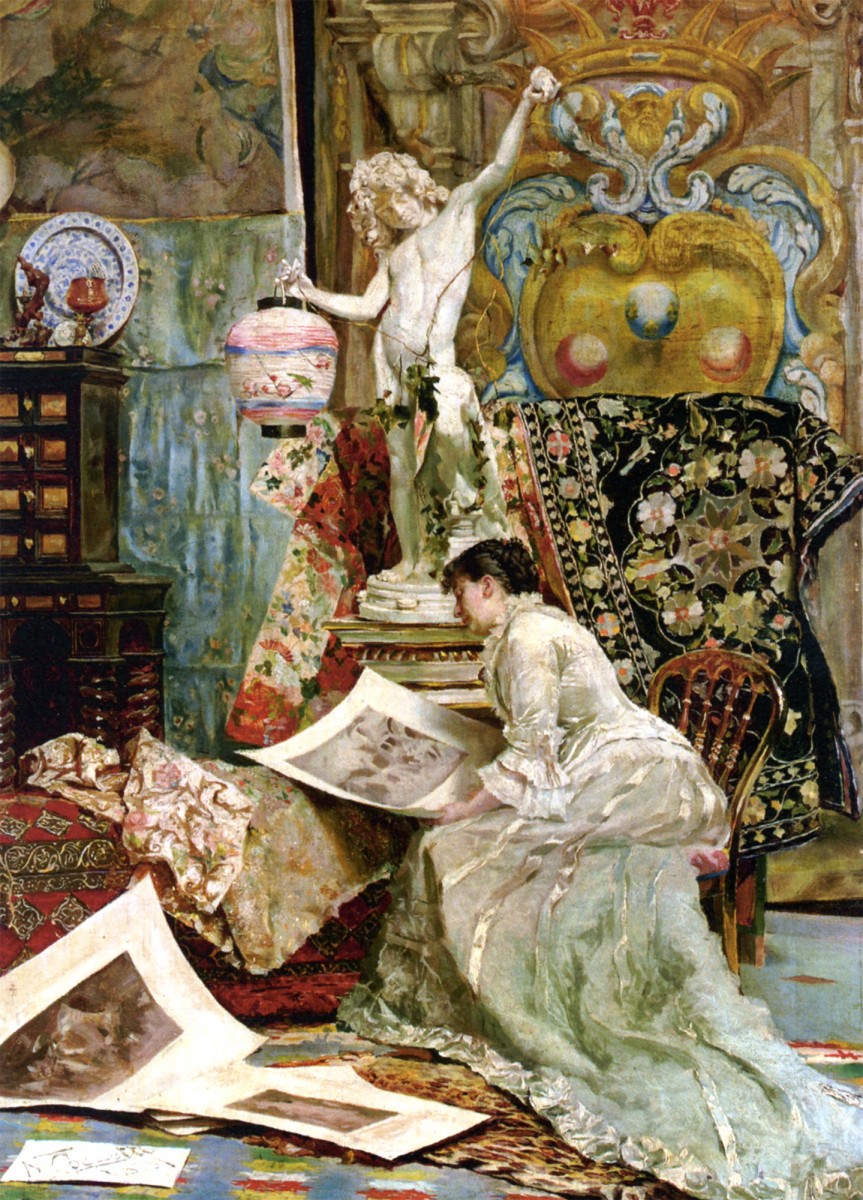According to historian Tom Standage, the lowly coffee bean deserves some credit for contributing to the Enlightenment.
Prior to the introduction of coffee in Europe, the morning draft generally consisted of some form of alcohol. Rather than starting the day slightly inebriated, the coffee drinkers were alert and lively. In the 7th century this newly cultivated crop would become synonymous with educated and civilized discourse.
In England, coffeehouses were curiously named Penny Universities. Anyone, regardless of their social standing, who had a penny could stroll in, drink coffee, and listen to ideas from the far-flung corners of the world. Most notably, the absence of alcohol lent an air of politeness, respect, and insightful conversation. The coffee bean had revived the Western world and offered a reputable alternative to booze.
Gatherings, or in French, “salons,” were where people could air their ideas in an open and constructive manner.
It was in the coffeehouses of Britain and the salons of France that men and women would perfect the art of conversation. The results would be nothing short of miraculous.
Women of Grace
Catherine de Vivonne, Marquise de Rambouillet (1588–1665), devised a set of rules and etiquette that were offered as an experiment of one of the first salons in France held in the Hôtel de Rambouillet in Paris.
Within the setting of the salon, unpretentiousness was a must. One must not make another feel as if their views were inadequate. Common respect and courtesy were to be displayed at all times, one’s voice must not be raised, and one must not interrupt the speaker.
Catherine de Vivonne moderated the discussion to make sure it would not get out of hand or lose civility. Her role as the hostess, or salonnière, was to bring out the best in others.
In “The Women of the French Salons,” by Amelia Gere Mason, Catherine de Vivonne was quoted to have said, “Social talent is distinct, and implies a happy poise of character and intellect; the delicate blending of many gifts, not the supremacy of one. It implies taste and versatility, with fine discrimination, and the tact to sink one’s personality as well as to call out the best in others.”
The salonnière’s goal was to create an atmosphere of ease in which free flowing thoughts and ideas could be shared in a constructive manner, where criticism was offered to benefit others and further their ideas.






